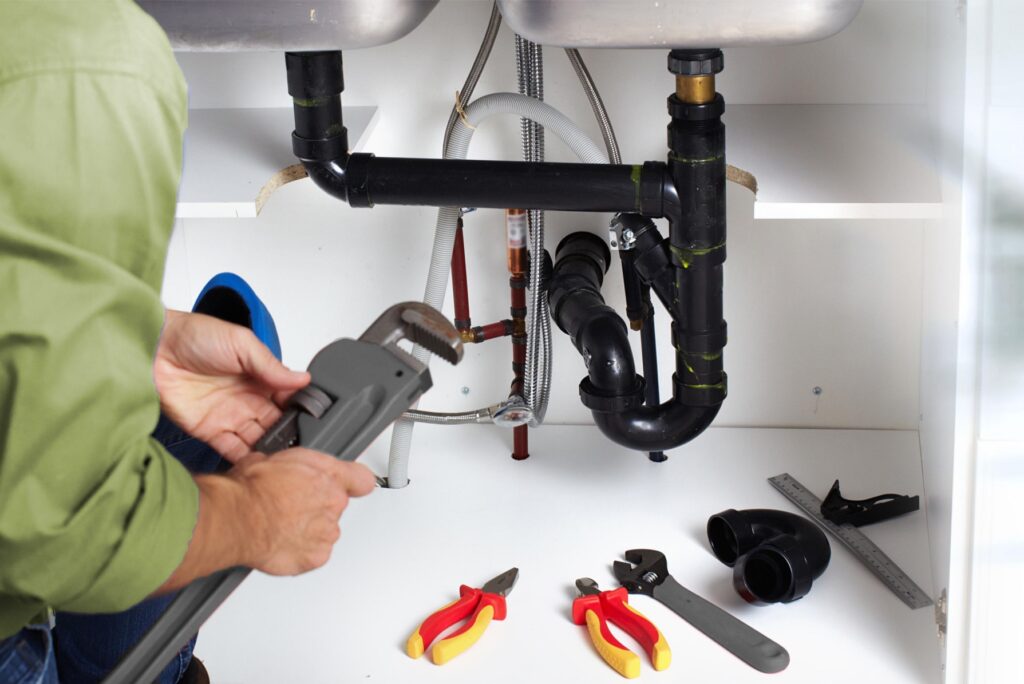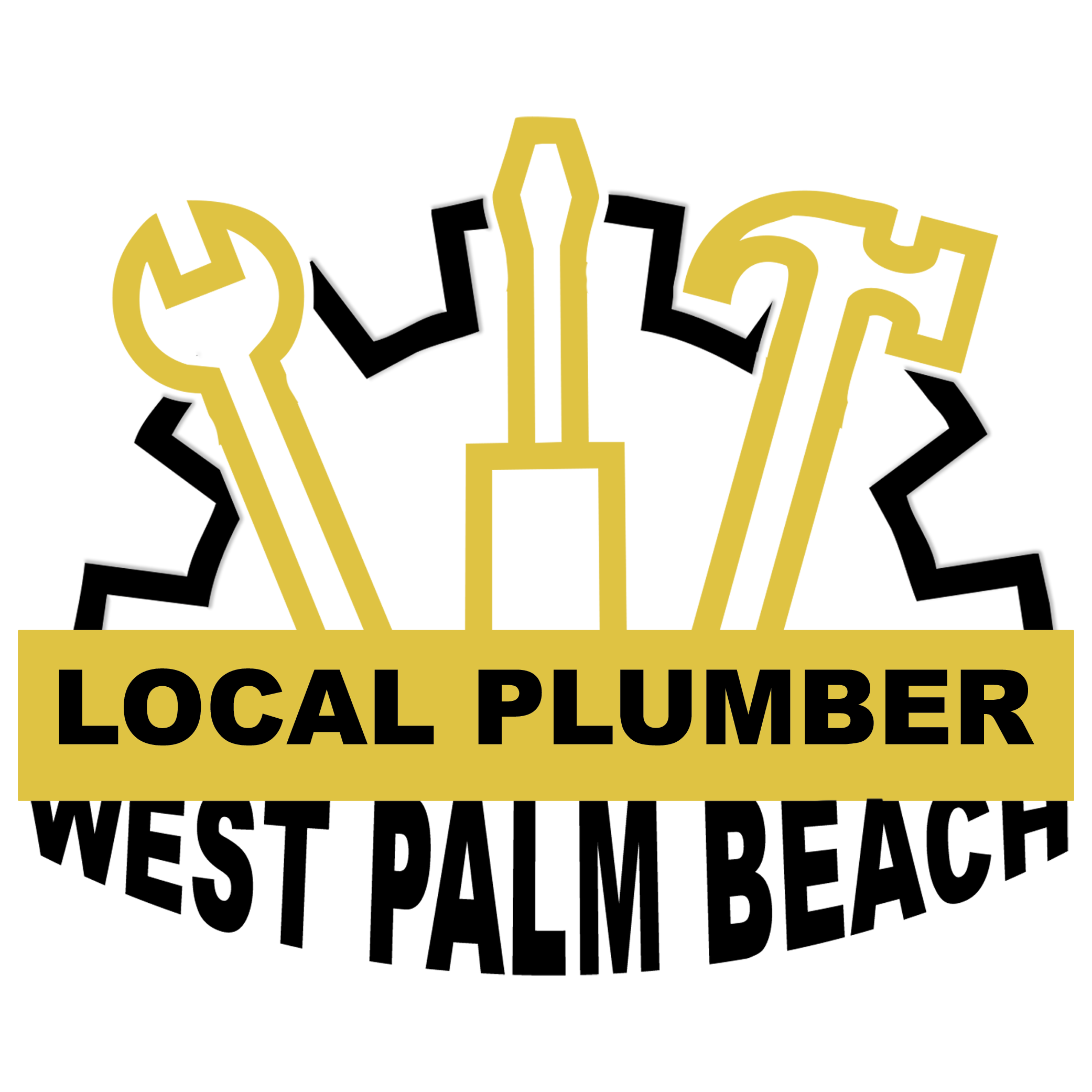Hidden Water Leaks: Signs to Watch for and How to Detect Them

- Uncategorized
- February 26, 2025
Why Detecting Hidden Water Leaks Matters
Water leaks can cause damage over time, weakening the foundation of your home, promoting mold growth, and leading to higher water bills. Some leaks may go unnoticed for months, silently affecting your property. By learning to identify the warning signs and employing effective detection methods, homeowners can take proactive steps to protect their plumbing and avoid costly repairs.
Common Signs of a Hidden Water Leak
1. Unexplained Increase in Water Bills
If your water bill has suddenly spiked without an increase in usage, it could indicate a hidden leak. A slow, continuous leak may not be immediately noticeable, but over time, it can waste thousands of gallons of water, significantly increasing your costs.
2. Damp Spots on Walls, Ceilings, or Floors
Water stains, peeling paint, or discoloration on walls and ceilings may signal a leak behind the surfaces. In many cases, these signs point to a leaking pipe inside the wall, which should be addressed immediately before further damage occurs.
3. Musty Odors and Mold Growth
Excess moisture from hidden leaks creates the perfect environment for mold and mildew growth. If you notice persistent musty odors or see mold developing in areas that shouldn’t have excess moisture, a leak may be the culprit. Mold exposure can also pose health risks, making early detection crucial.
4. The Sound of Running Water
Hearing the sound of water running when no faucets or appliances are in use is a strong indication of a hidden leak. If you hear dripping, hissing, or water movement inside walls or under floors, it’s time to investigate further.
5. Reduced Water Pressure
A sudden drop in water pressure throughout your home may indicate a leak in your plumbing. When water is escaping from a pipe, it reduces the pressure available at faucets and showers.
6. Warped or Damaged Flooring
If your flooring becomes warped, soft, or shows signs of buckling without an apparent cause, a water leak might be occurring underneath. Hardwood floors may swell, while carpets can become damp and develop an odor.
7. Water Meter Fluctuations
A simple way to check for a hidden leak is to monitor your water meter. Turn off all faucets and water-using appliances, then observe the meter. If it continues to move, there’s likely a leak somewhere in your plumbing.
How to Detect Hidden Water Leaks
1. Check Your Water Meter
To perform a simple water meter test:
- Turn off all water sources in your home.
- Locate your water meter, usually found outside near the curb.
- Take a reading and wait for about 30 minutes to an hour without using water.
- If the meter reading changes, you likely have a leak.
2. Inspect Your Plumbing Fixtures
Examine visible plumbing, such as under sinks and behind appliances, for signs of moisture or corrosion. Small leaks in pipes or joints may cause pooling water or rust on fittings.
3. Use a Leak Detection Device
Modern technology offers leak detection devices that alert homeowners to leaks before they cause significant damage. Smart leak detectors can be installed near high-risk areas such as sinks, toilets, and water heaters to provide real-time alerts.
4. Conduct a Dye Test for Toilet Leaks
A common cause of hidden water waste is a toilet leak. To check for leaks:
- Add a few drops of food coloring into the toilet tank.
- Wait 15–20 minutes without flushing.
- If the color appears in the bowl, you have a leak that needs repair.
- Learn more about toilet repair and installation services.
5. Look for Underground Leaks
If you notice unexplained wet patches in your yard or a sudden drop in water pressure, an underground leak may be to blame. Professional plumbers can use specialized equipment to locate these leaks without unnecessary excavation.
Professional Leak Detection Methods
While homeowners can detect some leaks on their own, professional plumbers have advanced tools to locate leaks more accurately. Some common techniques include:
- Acoustic Leak Detection: Uses sound technology to identify the location of leaks within walls or underground.
- Infrared Thermography: Detects temperature variations caused by moisture behind walls or flooring.
- Video Pipe Inspection: Small cameras are inserted into pipes to visually locate leaks or blockages.
If you suspect a hidden leak but can’t find its source, consider scheduling a professional inspection with a leak detection and pipe repair specialist.
Preventing Future Water Leaks
1. Regular Plumbing Maintenance
Scheduling regular plumbing inspections can help identify potential issues before they become serious. Keeping pipes, faucets, and toilets in good condition reduces the risk of hidden leaks.
2. Fix Minor Issues Promptly
A small drip can turn into a major problem over time. If you notice a leaking faucet or a slow drain, address it immediately. Learn more about faucet repairs and replacements to prevent wasted water and costly damage.
3. Be Mindful of Water Pressure
Excessively high water pressure can put stress on pipes, increasing the risk of leaks. A pressure regulator can help maintain a safe level, reducing wear on your plumbing system.
4. Keep Drains Clear
Clogs and blockages can put pressure on pipes, leading to cracks and leaks over time. Routine drain cleaning and clog removal can prevent major plumbing issues.
5. Replace Aging Pipes
Older pipes, especially those made of galvanized steel or polybutylene, are more prone to leaks. If your home has aging plumbing, consider replacing pipes with modern, more durable materials.
What to Do If You Detect a Leak
If you confirm a hidden water leak in your home:
- Shut off the water supply: This prevents further damage while you assess the issue.
- Contact a professional plumber: A skilled technician can accurately locate and repair the leak.
- Address any water damage: If the leak caused damage to walls or flooring, take necessary steps to dry and repair the affected areas.
- Monitor your plumbing: After repairs, keep an eye on your water bill and home for any recurring issues.
For professional assistance, reach out to our team at Local Plumber West Palm Beach.
Final Thoughts
Hidden water leaks can lead to serious damage and increased costs if not detected early. By knowing the signs of leaks and using the right detection methods, homeowners can take action before problems escalate. Regular plumbing maintenance, timely repairs, and professional inspections can help safeguard your home from the risks of water leaks.
If you suspect a leak or need professional plumbing assistance, contact us today for expert solutions tailored to your needs.
